Ask Ethan: Did God Create The Universe?

It’s not a question we know enough to know the answer to, but to dismiss the possibility is scientifically baseless.
There’s one question that most of us ask at some point in our lives whose answer still eludes humanity: where did all this come from? Any component of reality that we ask that question of — of where it comes from — always has an answer that refers to some earlier, pre-existing form of reality. We might know that we, as individuals, came from other humans, but then we can ask where the first humans came from? If the answer is another pre-existing life form, then we can ask the question of how life began. And we can continue this line of questioning as far back as we want, to even before the Big Bang, until science has nothing left to say, and all we have is the grand abyss of the unknown. It’s there that this week’s question, from Mya Alexander, comes in:
I am very interested in space and with who made us and what made us… what do you have to say about people who say that “God” made us?
I’m interested in those questions too, Mya, and as you might have suspected, I have a lot to say about it.
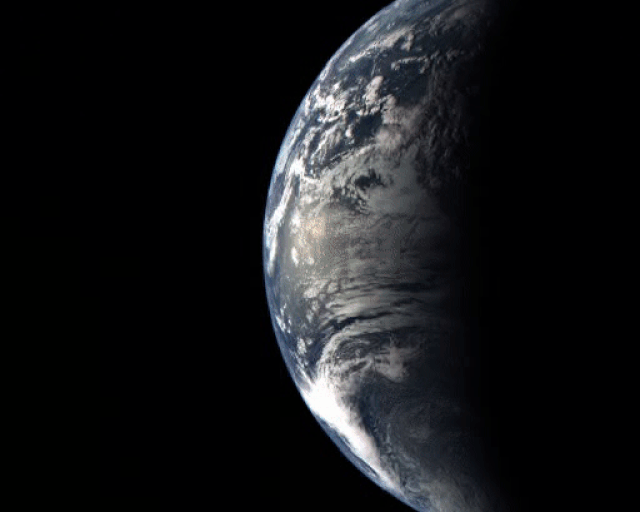
For every question that we can conceive of asking, there are a few possibilities as to what the ultimate outcome will be. For the questions where our scientific footing is the most sturdy, we can state that not only is it a question that has a scientific answer, but that we’ve gathered sufficient evidence about the Universe to determine exactly what the answer is, and that we’ve ruled out every other potentially viable alternative.
These are questions like, “what is the shape of the Earth,” “have human beings ever walked on the Moon,” and “is planet Earth steadily warming since the dawn of the industrial revolution?” We know the answers to questions like these extremely well, and with extremely small uncertainties. We might make superior measurements and refine these answers to even better degrees in the future, but not only are the answers knowable, but they are known.
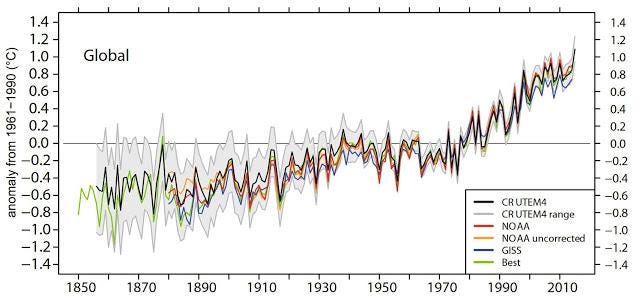
But perhaps we don’t know the answer to the question we’re asking. Perhaps we’re asking a question like one of the following:
- When and how did the first human beings arise on our planet?
- When and how did life begin on Earth?
- When and how did the Milky Way come to be?
- When and where did the very first star in the observable Universe form?
- Or where did all the matter (as opposed to antimatter) that enabled our Universe to form as-is come from?
There are a lot of pieces of information that we scientifically know surrounding these questions, but the exact, definitive answers to them remain elusive. We fully expect that the answers to these (and similar) questions are knowable, and one of the goals of modern science is to uncover these answers. However, we do not have them yet.
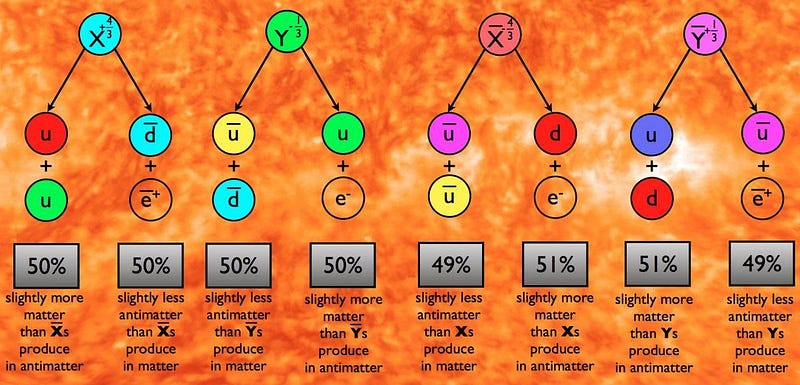
And finally, there are questions that we can ask or ponder whose answers may never be revealed to us. As vast and enormous and old as our Universe is, the part of it that we can access and gain information from is most definitely finite.
We cannot observe any signals from more than 46.1 billion light-years away, as that’s the farthest extent of the observable Universe from our perspective.
We cannot measure any information from more than 13.8 billion years ago, since everything that exists is limited by both the speed of light and the time that’s passed since the Big Bang.
And even though the number of particles present in the Universe is mind-boggling, as there are approximately 10⁹⁰ of them (including neutrinos and photons), that’s still a finite, quantifiable number.
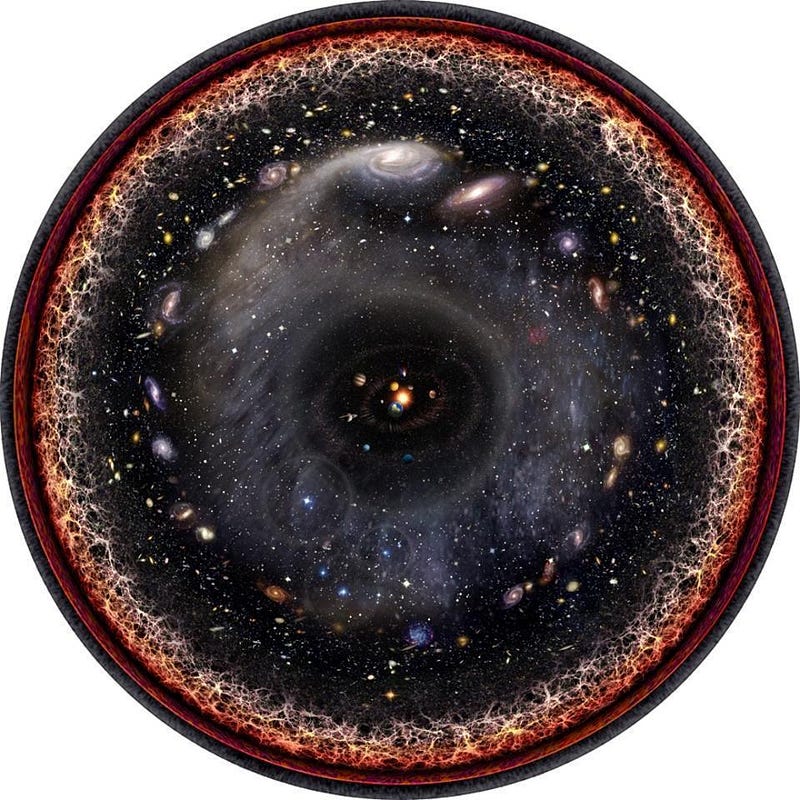
In other words, there are questions we can ask whose answers — even if we consider the full suite of information available to an observer that exists in our physical Universe — may be scientifically impossible to know. We might be able to state what it was like when the Big Bang first began. We might even be able to tease out some information about cosmic inflation, the state that preceded and set up the Big Bang.
But if we want to know where cosmic inflation came from, how long it went on for, or what its properties were prior to that final fraction-of-a-second where its imprints actually affect our observable Universe, there doesn’t appear to be any way to test those ideas. Similarly, we cannot observe other Universes and thereby test the idea of a multiverse, or concoct a test that would enable us to probe the many-worlds idea of quantum mechanics.
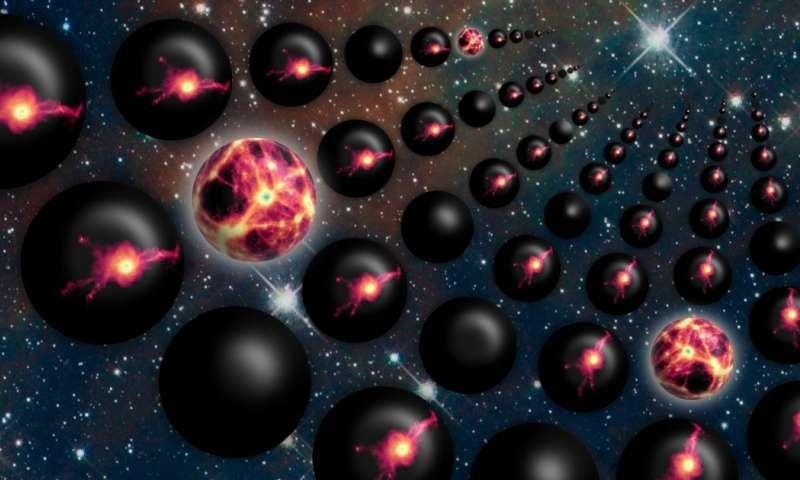
It’s important to recognize that within this Universe, these three classes of questions should be dealt with in fundamentally different ways.
- You can ask a question whose answer is not only knowable, but already known.
- You can ask a question whose answer seems to be knowable if we had enough information, and that information exists in our Universe, even if we don’t have it yet.
- You can ask a question whose answer is not knowable, even if we were to obtain every quantum bit of information available in the entire Universe.
If you are interested in questions like how we came to be — where “we” can mean you and me, human beings, our conscious minds, life, particles, the Universe, space and time, or the laws of physics itself — your question will fall into one of these three categories.
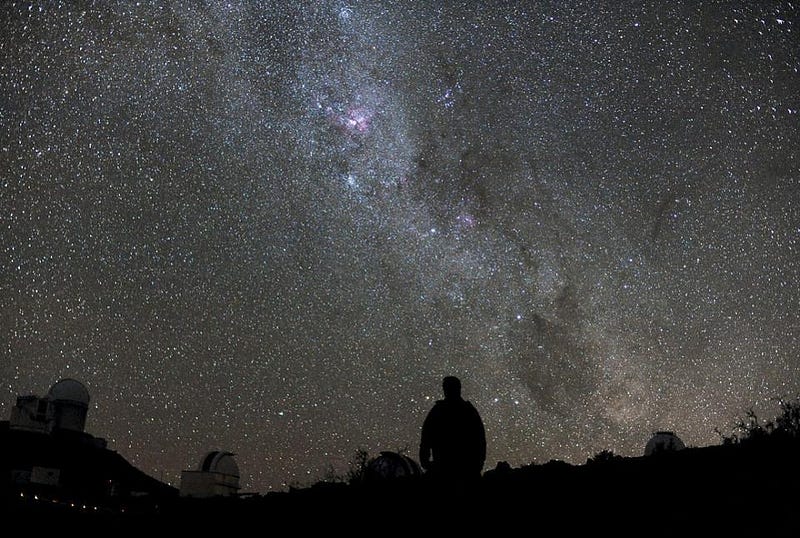
What I would say to someone who says that “God made us,” then, depends on which category their assertion falls into. If you’re asking a question whose answer is both knowable and very well known from a scientific perspective, that’s absolutely the worst intellectual place to argue for the existence of a deity who actively intervenes in our Universe. That’s, unfortunately, where many religions go awry, using dogma where scientific investigation is necessary.
Given the laws of nature and our overarching scientific theories that explain our physical Universe, the only way to argue for a God on those grounds is to find an event that defied those rules, and instead required some sort of divine intervention to explain. Every time such an assertion has ever been made and put to the test, the results have always been 100% consistent with explanations that rely on the physical alone. Faith is not a good substitute for situations where scientific knowledge is both necessary and available.
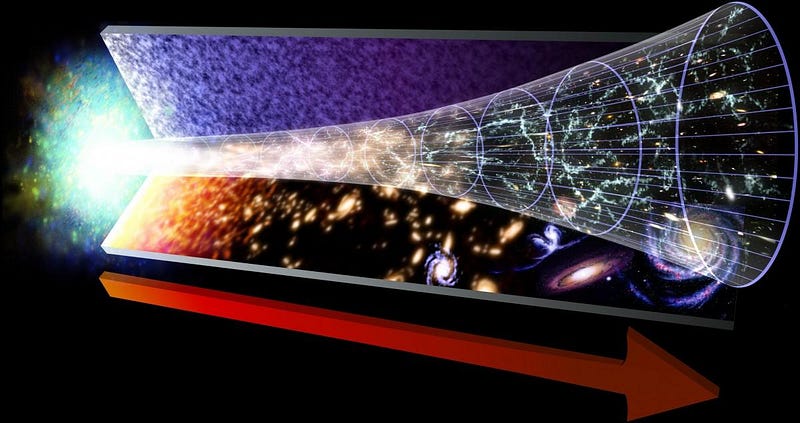
In scenarios where the answer should be scientifically knowable in principle, but we do not yet have adequate information to provide that answer, invoking a deity is only a slightly less bad idea than in the previous instance. This is what is infamously known as a God of the gaps argument: appealing to divine intervention to explain a physical phenomenon in this Universe that might be explicable by purely physical rules alone.
Throughout the past few millennia, many phenomena that once fell into this category — including phenomena that people once ascribed to the acts of a divine being — have since had their nature revealed, and are explicable without an appeal to the divine at all. It may just be my opinion, but if your God is such a small God that you are invoking their name to explain a mundane phenomenon that could have a scientific explanation, you’re very likely to be disappointed when the decisive measurements or observations are finally made.

However, there are questions that we are very much capable of asking that we can be quite confident fall outside the realm of science. When we ask questions about how we should live, how to treat one another, why we exist, or anything to do with our cosmic purpose, science appears to be ill-equipped to provide comprehensive, unambiguous answers. We can ask question that science has no answer for. As I wrote back at the start of 2018,
“Religion is for anyone who wants it in their life, and science is as well. They are neither fundamentally incompatible, nor are they mutually exclusive. Knowledge, education, self-improvement, and the bettering of our shared world are endeavors that are open to everyone.”
Did God, in some form, create the entire Universe? Not only don’t I know, but I daresay that no one does.
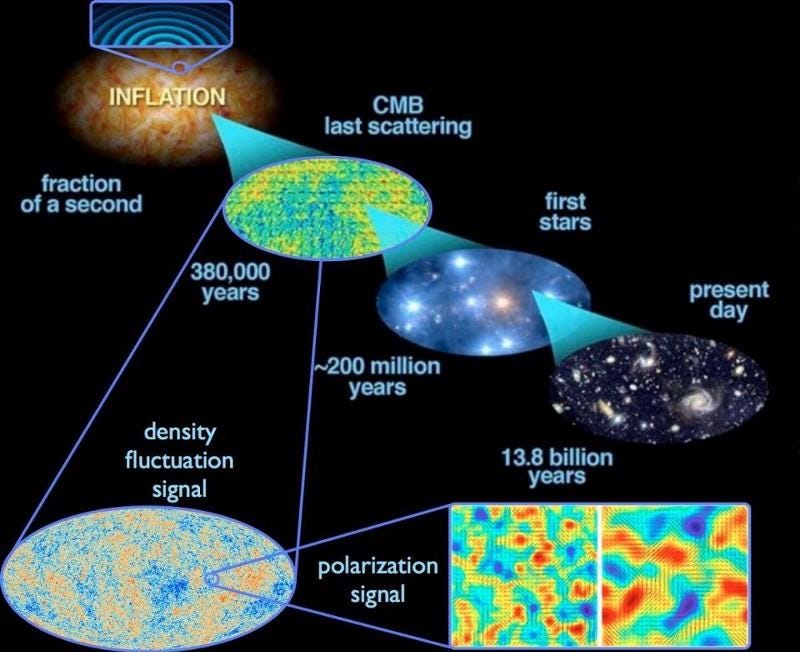
Science cannot prove the existence of God, but it cannot disprove God either; it can only disprove the notion of a specific, poorly conceived God. If you claim that your God lives in the clouds, you can disprove that God by simply observing the clouds. If you claim that God lives in our Universe, you can disprove that God by observing the entire Universe. But if your God exists in an extra dimension, before cosmic inflation, or outside of space and time altogether, neither proof nor disproof is possible.
In a fundamental way, it is purely a matter of what your faith is. All we can control, at the end of the day, is how we treat one another. Do we welcome those who believe different things than we do into our hearts, communities, and lives? Or do we shun, exclude, and “other” them?
Regardless of what you believe, I have the same advice for you: choose kindness. It costs nothing, while benefitting the giver, the recipient, and those who simply witness it. Whether you say that God made us or not, I would say the same thing: the wonders and joys of science and the Universe are for you, exactly as you are, too.
Send in your Ask Ethan questions to startswithabang at gmail dot com!
Ethan Siegel is the author of Beyond the Galaxy and Treknology. You can pre-order his third book, currently in development: the Encyclopaedia Cosmologica.




